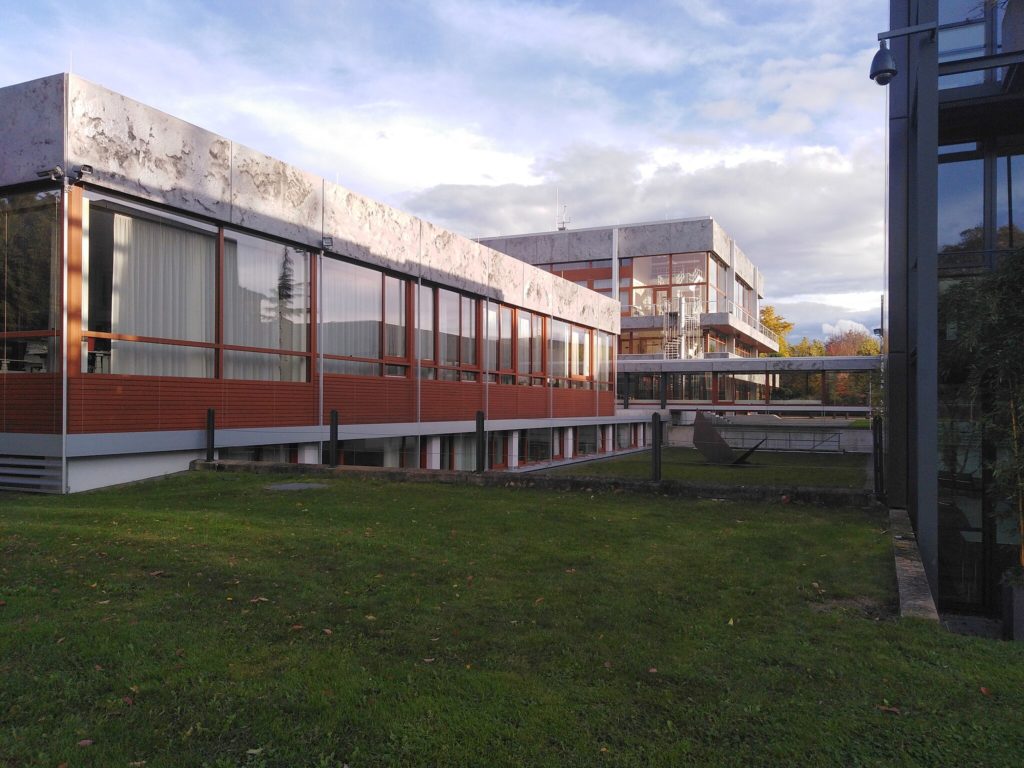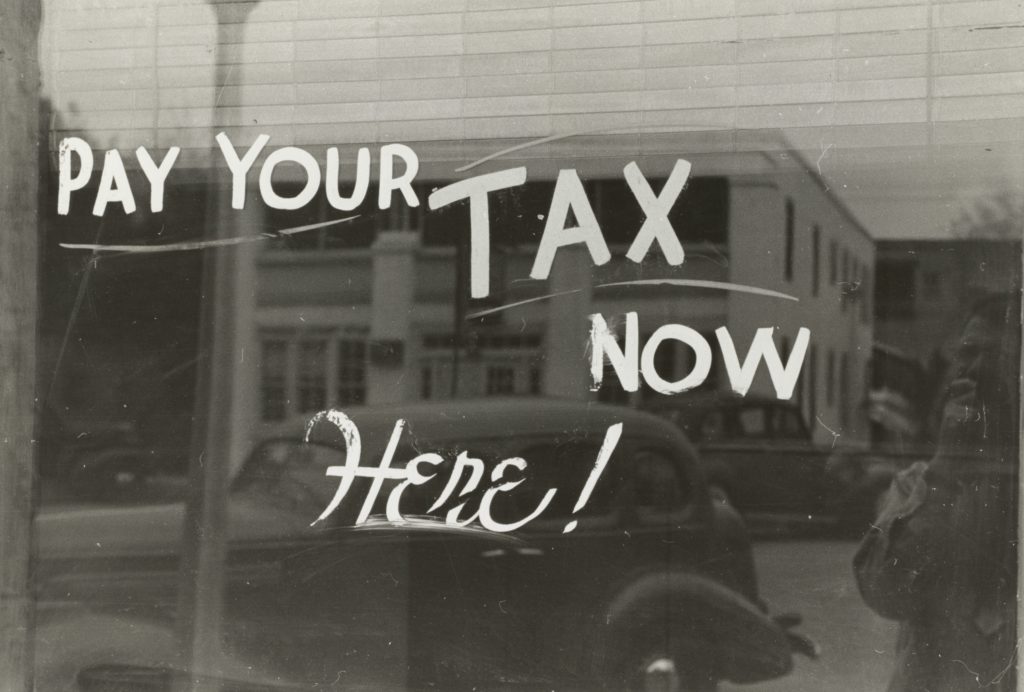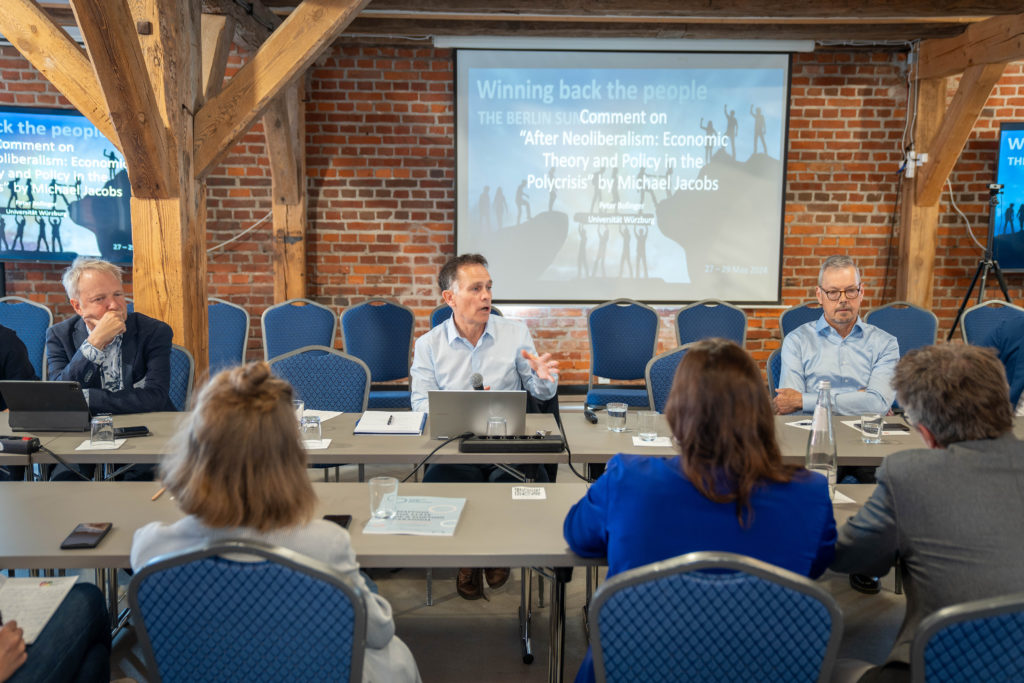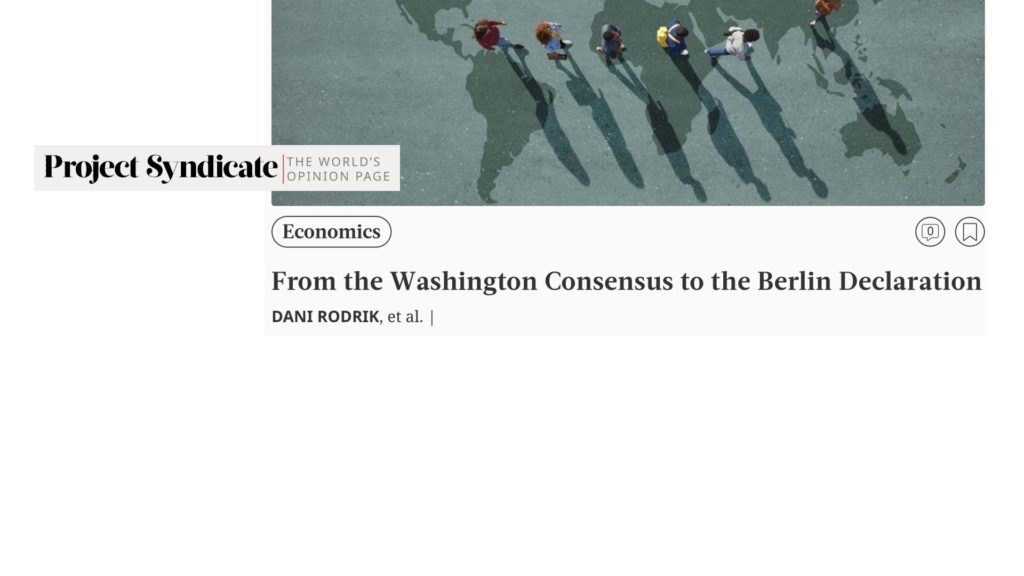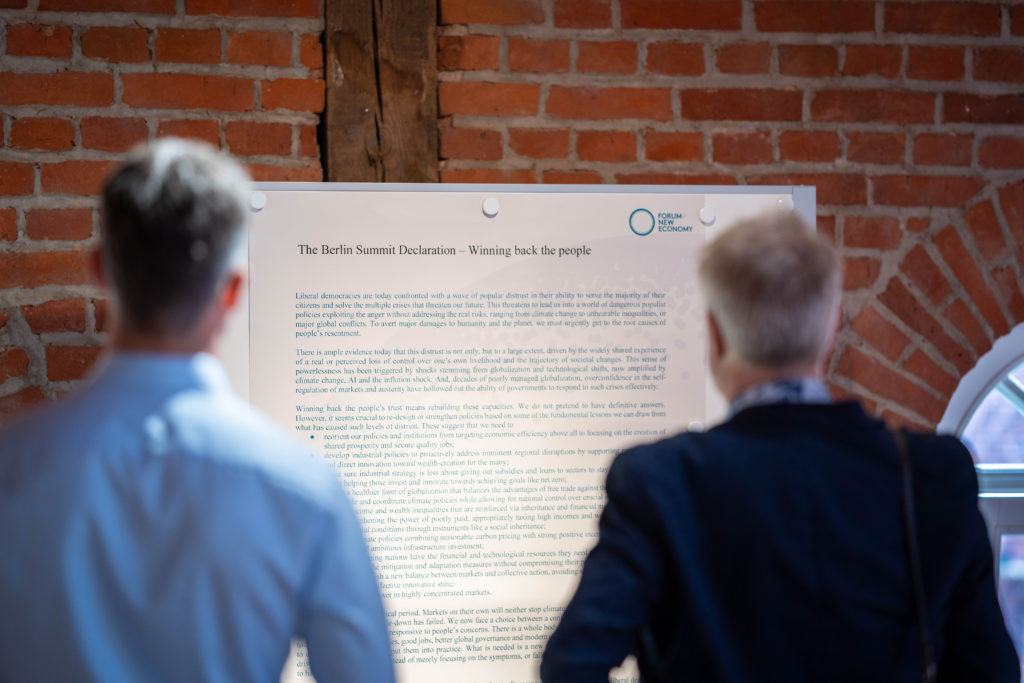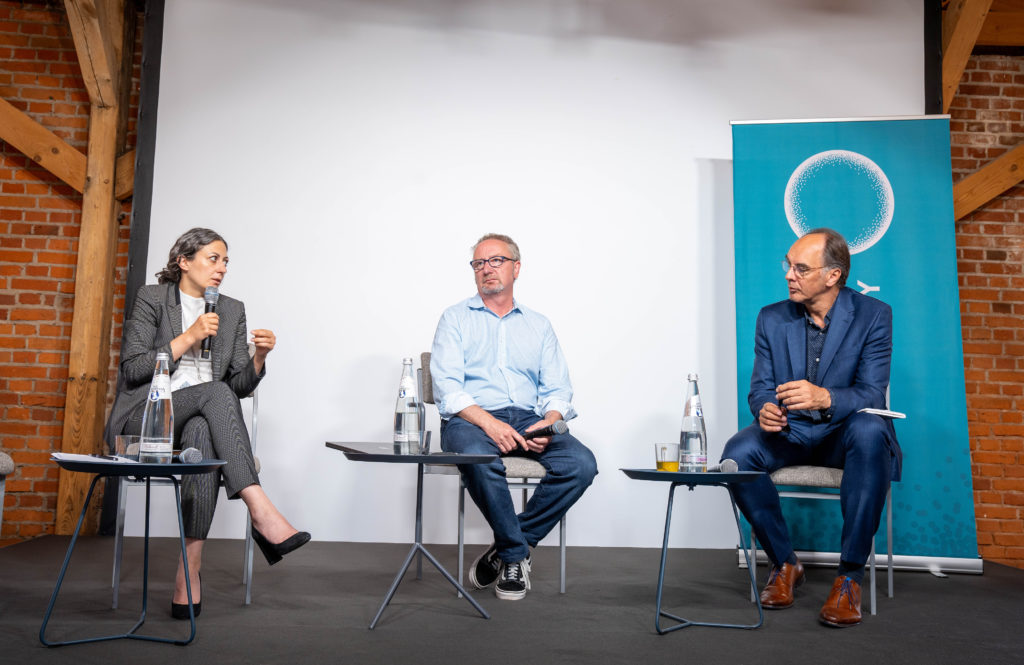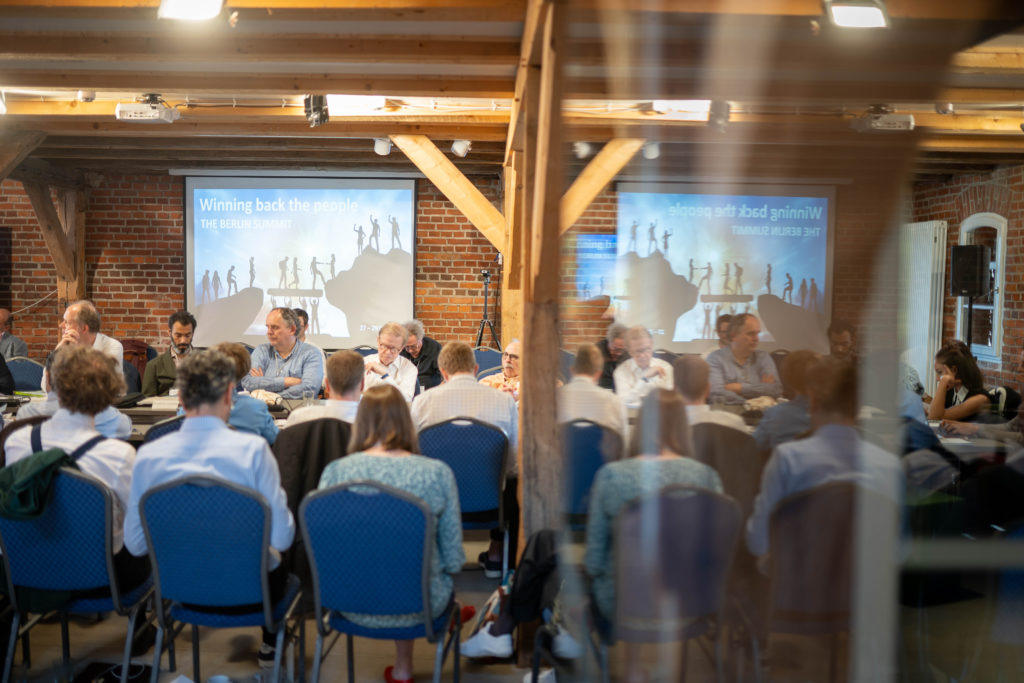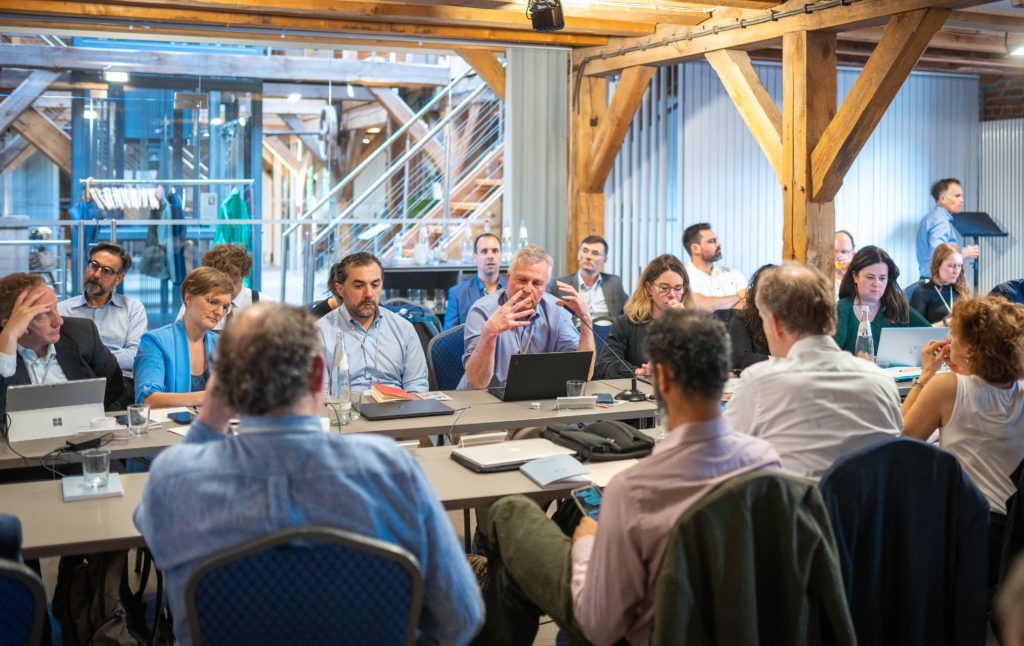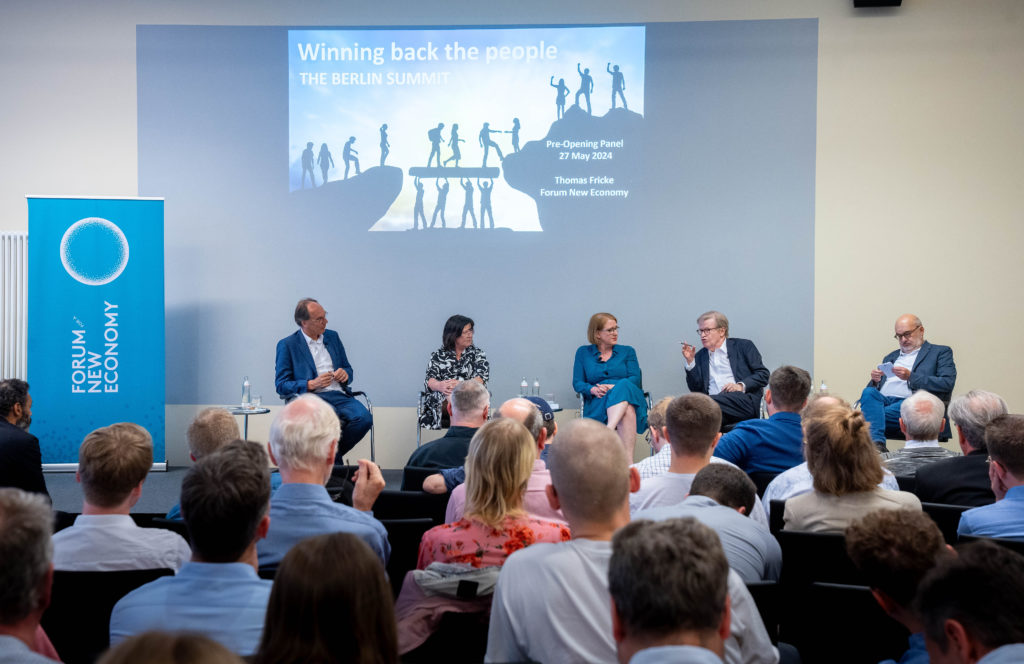
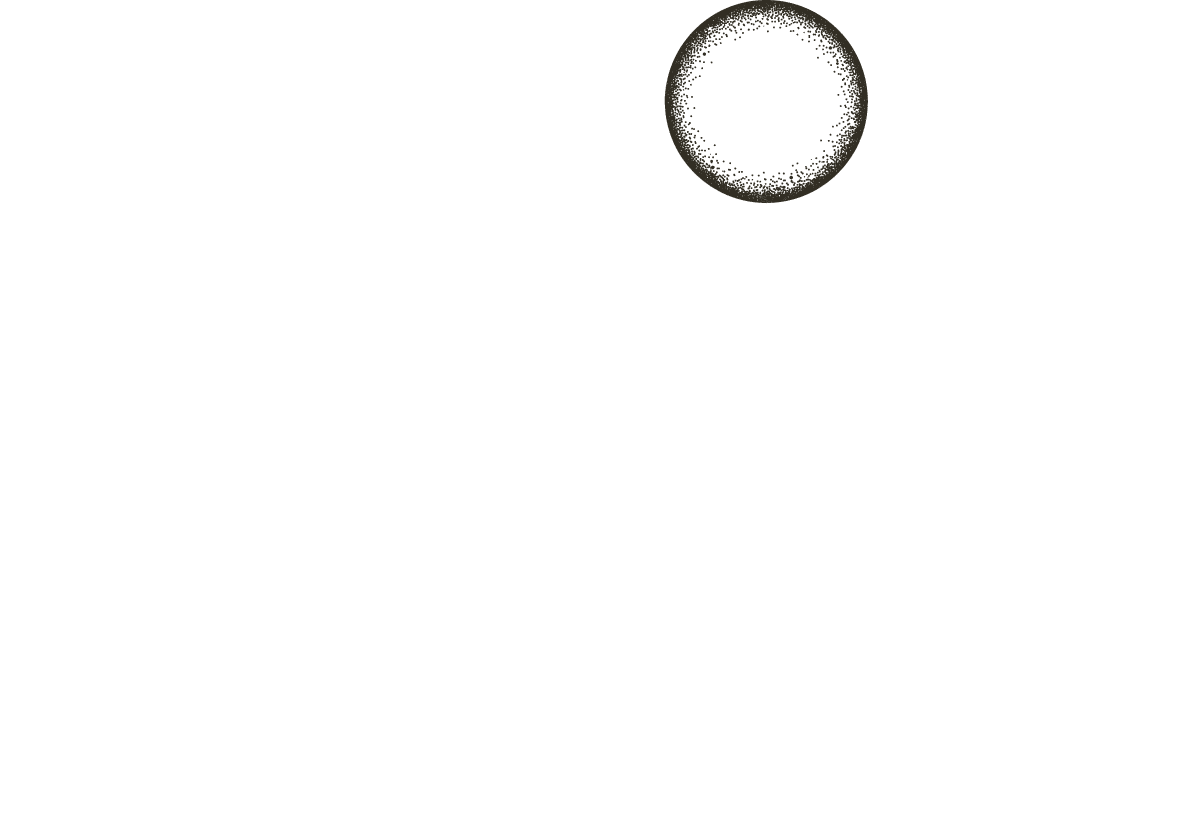





New Paradigm
NEW PARADIGM
After decades of overly naive market belief, we urgently need new answers to the great challenges of our time. More so, we need a whole new paradigm to guide us. We collect everything about the people and the community who are dealing with the question of a new paradigm and who analyze the historical and present impact of paradigms and narratives – whether in new contributions, performances, books and events.
LATEST NEWS
Inheritance tax before the ruling—too much, too little, too unfair?
With Stefan Bach and Martyna Linartas
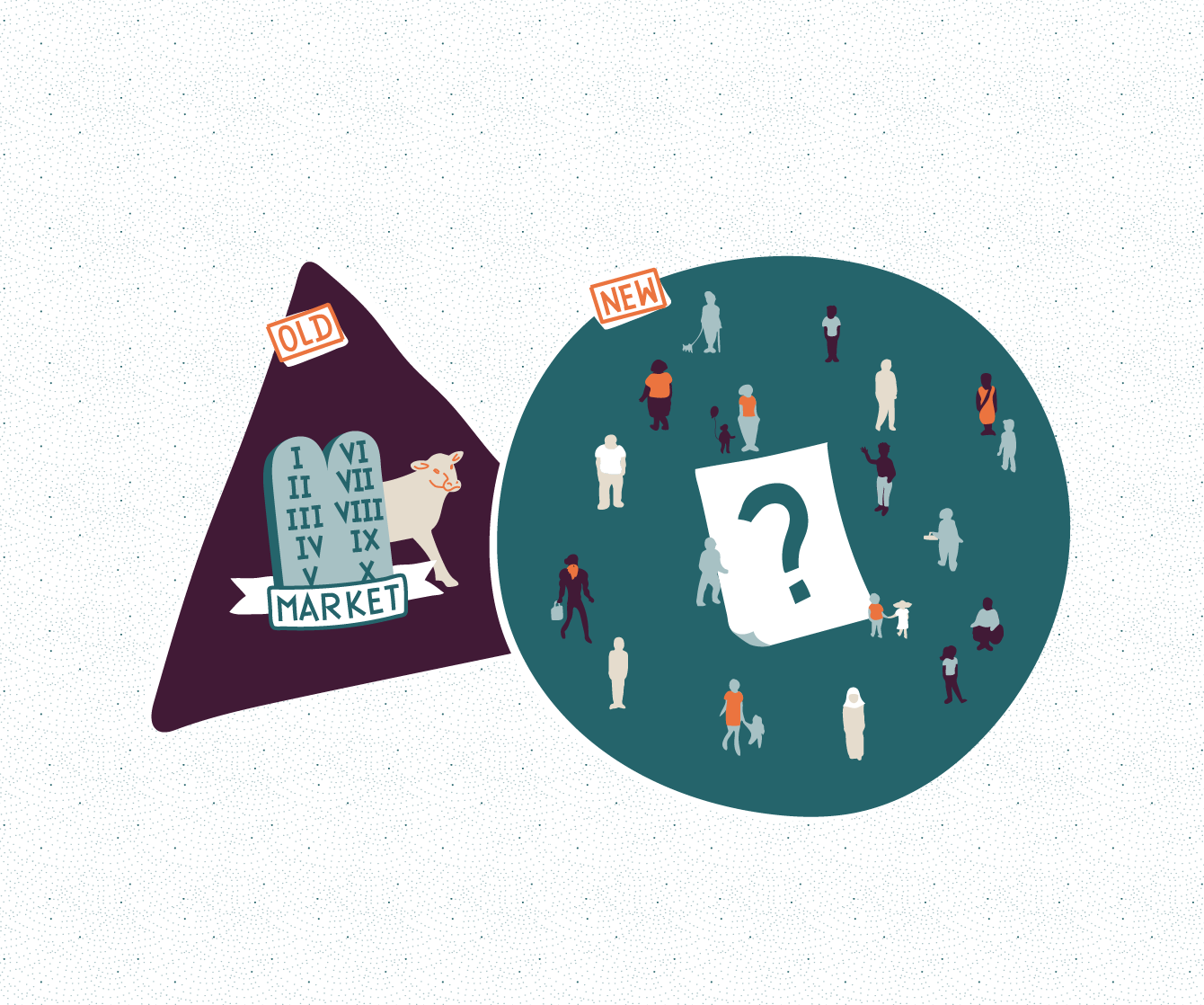
KNOWLEDGE BASE
NEW PARADIGM
The Crisis of a Former Paradigm
As a sign of a missing paradigm that holds societies together, liberal democracies today are facing their most serious crisis since World War II.
What Went Wrong
An ever-growing mountain of empirical evidence indicates that large parts of today’s crises are to be linked to the late effects and collapse of the market-liberal paradigm that has guided policymaking in most of the world since the 1970s.
New Economy in Progress
Since the critical financial crisis in 2008, the search for a new paradigm much more adequate than the former market-preference to rise to today’s challenges has accelerated. And, while a coherent new paradigm is not yet ready, a lot of new answers and actors have emerged.


